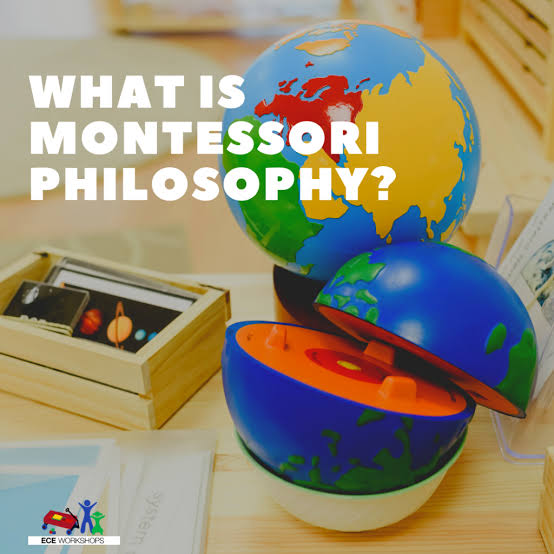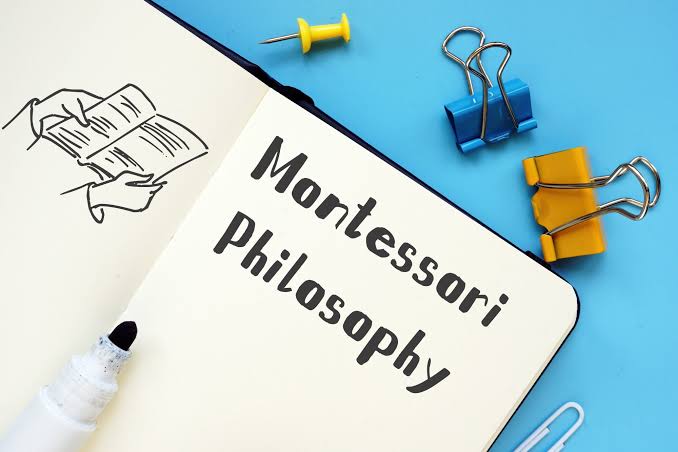Montessori Philosophy
Discover how the Montessori approach nurtures confidence,well-being, and lifelong learning in children.

The Montessori philosophy is a unique approach to education that views the child as naturally eager for knowledge and capable of initiating learning in a supportive, thoughtfully prepared environment. At its core, this philosophy is built on respect for the child, belief in their inner drive to learn, and a deep understanding of how children grow and develop.
Montessori education does not aim to simply fill children with facts, but to ignite their natural curiosity, allowing them to learn through discovery, movement, and purposeful activity. It promotes independence, confidence, and a lifelong love of learning by providing children with freedom within limits, guided by carefully trained educators and scientifically designed materials.
In a Montessori environment, learning is not limited by age, ability, or curriculum boundaries—it is guided by observation, interest, and readiness. Each child progresses at their own pace, fostering both academic success and emotional well-being.
Origins of the Montessori Philosophy
The Montessori method was developed by Dr. Maria Montessori, an Italian physician, scientist, and educator. In 1907, she opened her first school, the Casa dei Bambini (Children’s House), in a poor district of Rome. There, she observed that when young children were provided with the right environment—clean, orderly, and filled with purposeful materials—they became deeply engaged in learning and showed qualities like concentration, discipline, and joy that were previously thought to be beyond their age.
Through scientific observation, Dr. Montessori concluded that children thrive when their inner developmental needs are met through hands-on experiences, freedom of movement, and respect for their individuality. Over time, she refined her method by working with children of different ages, cultures, and abilities, eventually creating a complete educational philosophy that has stood the test of time.
Her work was revolutionary, not just in terms of teaching, but in reshaping how we understand human development itself.

